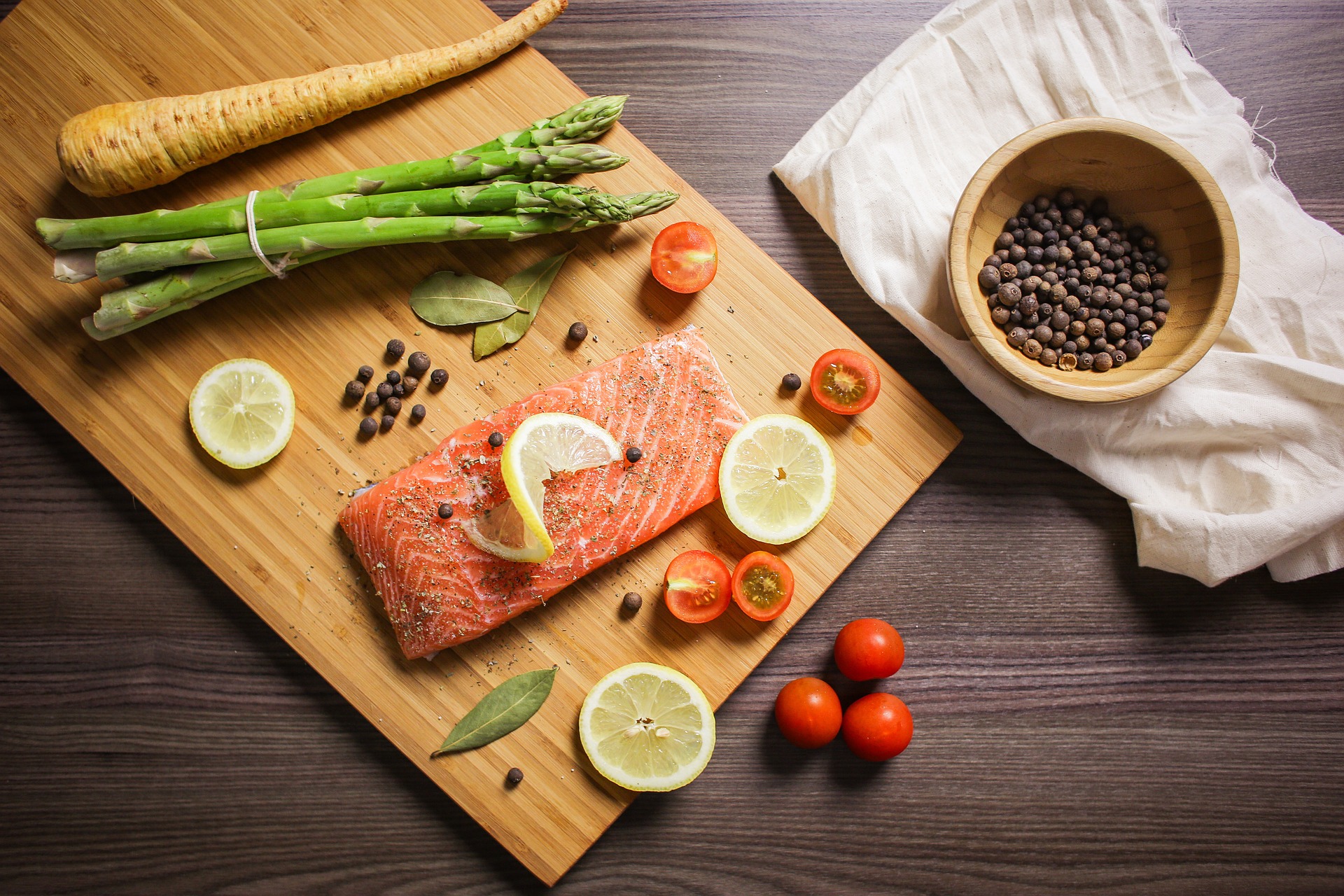News release
From:
Plant-based and/or fish diets may help lessen severity of COVID-19 infection
Associated with 73% and 59% lower odds, respectively, of moderate to severe disease
Plant-based and/or fish (pescatarian) diets may help lower the odds of developing moderate to severe COVID-19 infection, suggest the findings of a six-country study, published in the online journal BMJ Nutrition Prevention & Health.
They were associated with 73% and 59% lower odds, respectively, of severe disease, the findings indicate.
Several studies have suggested that diet might have an important role in symptom severity and illness duration of COVID-19 infection. But, as yet, there’s little evidence to confirm or refute this theory.
To explore this further, the researchers drew on the survey responses of 2884 frontline doctors and nurses with extensive exposure to SARS-CO-v2, the virus responsible for COVID-19 infection, working in France, Germany, Italy, Spain, the UK and the US.
The participants were all part of a global network of healthcare professionals registered with the Survey Healthcare Globus network for healthcare market research. The researchers used this network to identify clinicians at high risk of COVID-19 infection as a result of their jobs.
The online survey, which ran between July and September 2020, was designed to elicit detailed information about respondents’ dietary patterns, based on a 47-item food frequency questionnaire, over the previous year, and the severity of any COVID-19 infections they had had, using objective criteria.
The survey also gathered information on personal background, medical history, medication use, and lifestyle.
The various diets were combined into plant-based (higher in vegetables, legumes, and nuts, and lower in poultry and red and processed meats); pescatarian/plant-based (as above, but with added fish/seafood); and low carb-high protein diets.
Some 568 respondents (cases) said they had had symptoms consistent with COVID-19 infection or no symptoms but a positive swab test for the infection; 2316 said they hadn’t had any symptoms/tested positive (comparison group).
Among the 568 cases, 138 clinicians said they had had moderate to severe COVID-19 infection; the remaining 430 said they had had very mild to mild COVID-19 infection.
After factoring in several potentially influential variables, including age, ethnicity, medical specialty, and lifestyle (smoking, physical activity), respondents who said they ate plant-based diets’ or plant-based/pescatarian diets had, respectively, 73% and 59% lower odds of moderate to severe COVID-19 infection, compared with those who didn’t have these dietary patterns.
And compared with those who said they ate a plant-based diet, those who said they ate a low carb-high protein diet had nearly 4 times the odds of moderate to severe COVID-19 infection.
These associations held true when weight (BMI) and co-existing medical conditions were also factored in.
But no association was observed between any type of diet and the risk of contracting COVID-19 infection or length of the subsequent illness.
This is an observational study, and so can’t establish cause, only correlation. It also relied on individual recall rather than on objective assessments, and the definition of certain dietary patterns may vary by country, point out the researchers.
Men outnumbered women in the study, so the findings may not be applicable to women, they add.
But plant-based diets are rich in nutrients, especially phytochemicals (polyphenols, carotenoids), vitamins and minerals, all of which are important for a healthy immune system, say the researchers.
And fish is an important source of vitamin D and omega-3 fatty acids, both of which have anti-inflammatory properties, they add.
“Our results suggest that a healthy diet rich in nutrient dense foods may be considered for protection against severe COVID-19,” they conclude.
“The trends in this study are limited by study size (small numbers with a confirmed positive test) and design (self-reporting on diet and symptoms) so caution is needed in the interpretation of the findings,” comments Deputy Chair of the NNEdPro Nutrition and COVID-19 Taskforce, Shane McAuliffe.
“However, a high quality diet is important for mounting an adequate immune response, which in turn can influence susceptibility to infection and its severity."
He adds:“This study highlights the need for better designed prospective studies on the association between diet, nutritional status and COVID-19 outcomes."



 International
International



